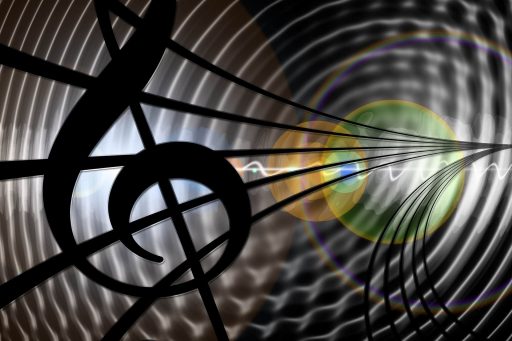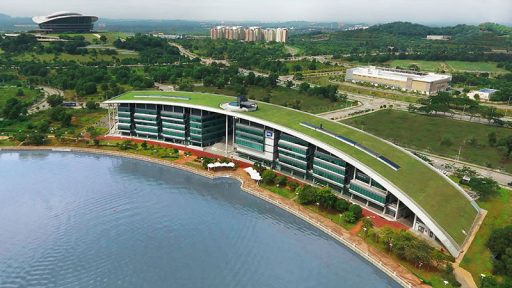The ‘Holy Grail’ of medical diagnostics is an imaging technique that allows screening, diagnosis and monitoring of the progress of disease without damaging tissue or harming the patient. Processing and analysing large amounts of research data and collaboration between researchers play a central role.
The LAGO (Latin American Giant Observatory) project traverses the skies of Latin America to set its sights on uncovering the mysteries of faraway galaxies.
Enlighten Your Research is a programme that supports researchers from all research disciplines to give a boost to their research. Processing and analysing large amounts of research data and collaboration between researchers play a central role. One of the projects that is supported by Enlighten Your Research is ‘Recording history through daily news streams’.
Veteran scientific visualization expert Jyrki Hokkanen takes on any challenge thrown at him by scientists in need of imagery – even illustrating particle physics in four dimensions. Finnish researchers from all areas come to him, whether it is physics, climate science, biochemistry, or geology.
Both in science and in society in general there is a rising demand for time accuracy. Extreme accuracy that is, and that involves sophisticated time measuring devices like hydrogen masers and caesium fountains. In the CLONETS projects r&e networks collaborate to deliver high performance clock services.
When Heriot-Watt needed a better connection at its campus in Malaysia, Jisc brokered a deal with local providers to achieve it – helping fulfil its vision of a ‘global university’
Not many people could be described as a rainmaker quite as literally as Hannele Korhonen. Korhonen, a research professor at the Finnish Meteorological Institute, is heading a project that aims to improve artificial rainmaking in the United Arab Emirates.
Free Wi-Fi is a luxury we have come to expect at cafes, airports, on commuter trains or in the hotel we are staying at. But are you actually aware of how vulnerable you are when you are using a public Wi-Fi hotspot?
Researchers at La Trobe University, Australia, collaborate with colleagues conducting fieldwork at archeological sites across Africa. FileSender, a solution enabling these researchers and thousands of others worldwide to transfer large datasets from the field to the lab, is now benefiting from a new home for sustainable R+E software development.










